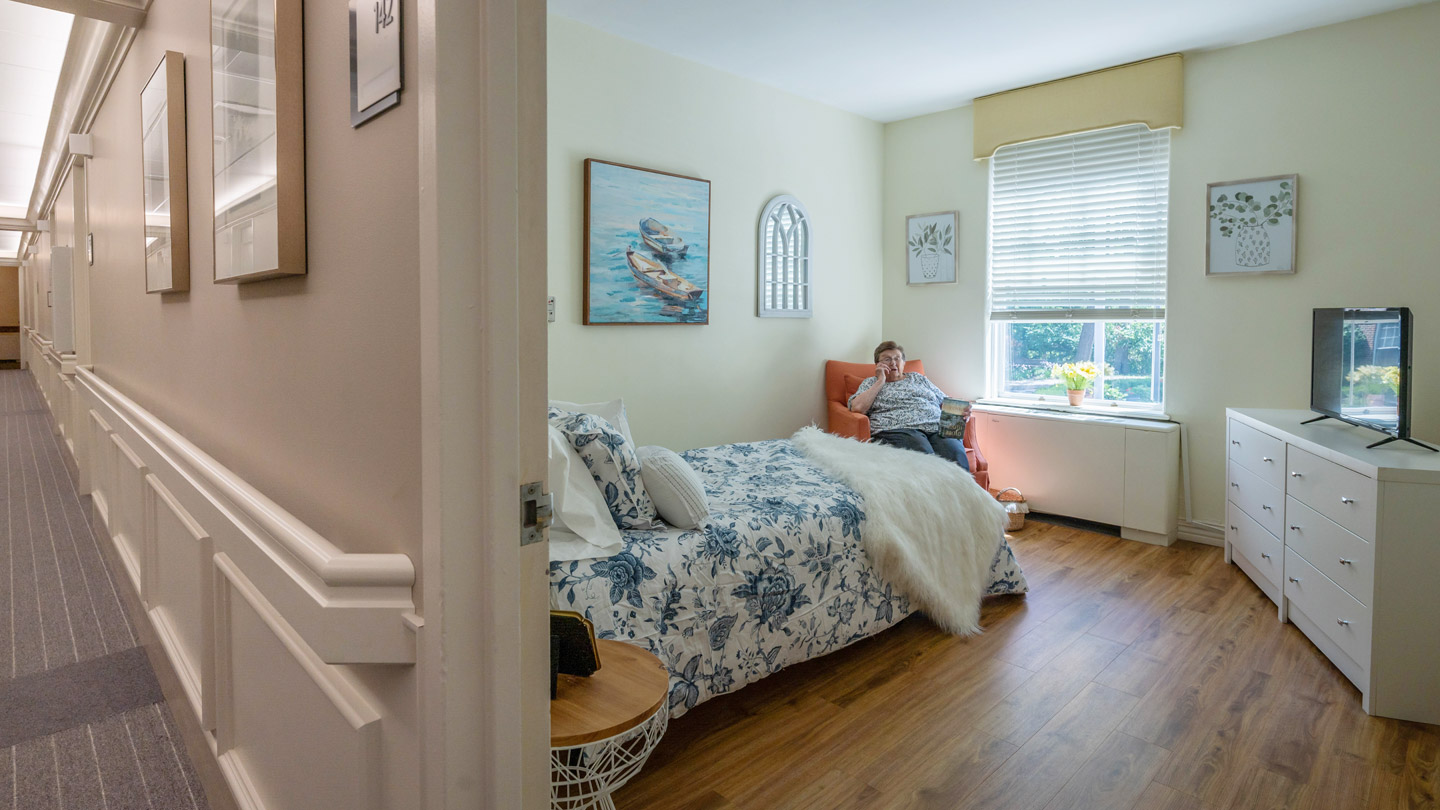Memory Care Charlotte: Personalized Look after Alzheimer's and Dementia
Wiki Article
Involving Activities in Memory Treatment: Enhancing Wellbeing in your home
In the realm of memory care, the relevance of appealing activities can not be overstated. These tasks serve as a foundation in enhancing the general wellness of individuals living with memory problems.Advantages of Involving Activities
Involving tasks play a critical function in boosting cognitive function and psychological well-being in people receiving memory care at home. These activities are developed to boost the mind, motivate social interaction, and give a sense of purpose for those experiencing memory loss. By engaging in tasks such as problems, reminiscence therapy, music therapy, and art projects, individuals can improve their cognitive capabilities, memory retention, and general quality of life.One considerable advantage of appealing activities is the positive impact they carry cognitive function. Tasks that challenge the mind, such as word video games or mind intros, help boost memory, focus, and analytic abilities. This mental excitement is essential for individuals with memory impairments as it can reduce cognitive decrease and improve mind function.
Furthermore, engaging tasks also advertise psychological well-being by lowering sensations of isolation and anxiety. Taking part in team activities or one-on-one sessions with caretakers can improve state of mind, boost self-esteem, and produce a sense of belonging. These psychological advantages are essential for maintaining a positive outlook and general psychological health and wellness in people receiving memory treatment in the house.
Producing a Sensory Experience

Integrating sensory experiences can be attained via various tasks. Aesthetic stimulation can be supplied with colorful items, artwork, or nature scenes. Playing acquainted songs or noises can trigger memory and create a soothing environment. Responsive activities such as distinctive things or products can advertise sensory exploration and boost the feeling of touch. Additionally, incorporating familiar aromas like lavender or freshly baked cookies can stimulate favorable memories and sensations of comfort.
Incorporating Acquainted Pastimes
Including familiar pastimes right into memory care tasks in your home can give a feeling of continuity and delight for individuals with memory impairments. Involving in activities that individuals have actually appreciated throughout their lives can evoke favorable emotions, boost memories, and foster a feeling of success. Whether it's painting, knitting, gardening, or playing a music tool, acquainted hobbies provide a calming and purposeful method for individuals with memory obstacles to connect with their past selves and keep a feeling of identity.By integrating familiar leisure activities right into everyday regimens, caregivers can produce a sense of normalcy and purpose for their loved ones. These activities not only like it work as a source of amusement but also help in minimizing anxiety, boosting state of mind, and promoting cognitive feature. In addition, participating in familiar pastimes can stimulate discussions, motivate social interactions, and improve general wellness.
Caregivers must adjust these leisure activities to fit the person's current capabilities and passions, guaranteeing a delightful and secure experience. Supplying the required support and encouragement, caretakers can help people with Discover More memory disabilities remain to locate satisfaction and joy with their favored pastimes.
Songs and Memory Link
The relationship in between music and memory is a well-documented and powerful phenomenon, demonstrating significant impacts on cognitive feature and emotional wellness. Memory Care Charlotte. In the context of memory treatment, leveraging this link can be a useful tool in improving the lifestyle for individuals coping with memory disabilitiesMusic has an unique capability to stimulate emotions and memories from the past, also in people with innovative stages of dementia. Paying attention to acquainted tracks or getting involved in music treatment sessions can promote neural pathways associated with memory and feeling, causing reminiscences and improving mood. In addition, engaging with music can help in reducing stress, anxiousness, and agitation commonly experienced by individuals with cognitive decline.
Caregivers and relative can integrate songs into daily routines by producing personalized playlists of precious songs, arranging sing-along sessions, or motivating individuals to play music tools. By incorporating songs right into memory treatment activities, it is feasible to produce significant experiences that promote cognitive stimulation, emotional link, and general wellness in individuals with memory problems.
Mind-Boosting Gamings

Gamings like crossword puzzles, Sudoku, memory matching games, and facts tests are preferred options for individuals in memory treatment. These activities not only offer home entertainment yet additionally supply an organized way to exercise the mind. In addition, video games that include approach and crucial thinking, such as chess why not look here or card games, can assist boost cognitive abilities and thinking capabilities.
Furthermore, these mind-boosting games can have a positive influence on state of mind and emotional well-being. Taking part in enjoyable tasks and experiencing success in addressing troubles or completing challenges can boost self-confidence and self-confidence. Generally, incorporating mind-boosting video games into a memory treatment regimen can contribute considerably to the overall high quality of life for individuals with memory impairments.
Verdict
Finally, involving activities in memory treatment play a vital duty in enhancing well-being in the house. By creating sensory experiences, integrating acquainted hobbies, checking out the music and memory link, and involving in mind-boosting video games, individuals can enhance their cognitive capacities and overall lifestyle. These activities offer mental stimulation, social interaction, and a feeling of objective, inevitably bring about a more fulfilling and enriching experience for those coping with memory impairments.Structure on the foundation of cognitive and emotional advantages acquired from involving tasks, the unification of sensory experiences can additionally boost the well-being of people obtaining memory treatment at home. For individuals with memory disabilities, sensory activities can stimulate memories, decrease anxiousness, and boost general state of mind.
Integrating familiar hobbies into memory care tasks at home can give a sense of continuity and pleasure for individuals with memory impairments.Gamings like crossword challenges, Sudoku, memory matching games, and facts quizzes are popular selections for individuals in memory treatment. Overall, integrating mind-boosting games right into a memory care regimen can contribute considerably to the overall quality of life for people with memory impairments.
Report this wiki page